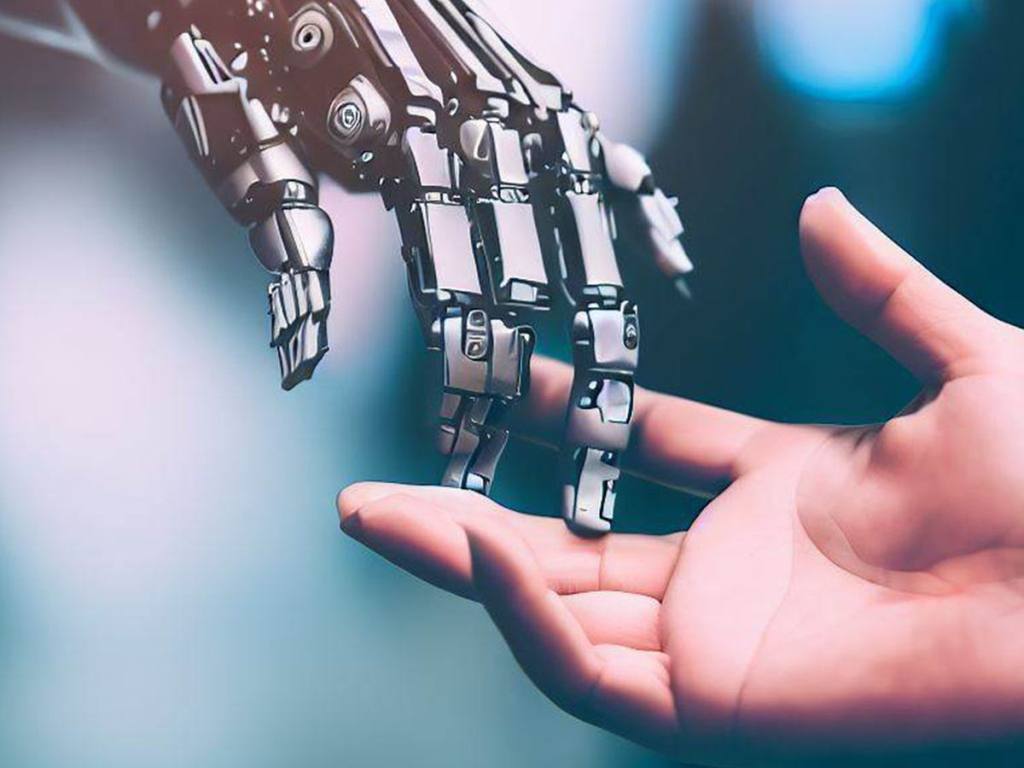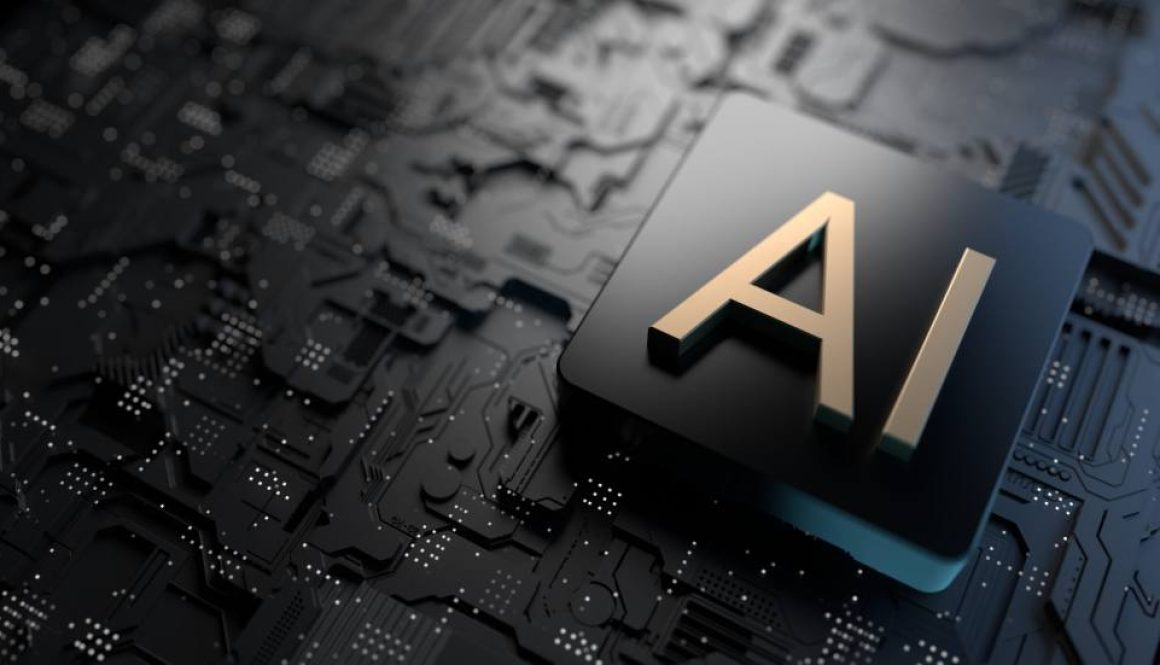How AI Is Changing the World
Artificial intelligence (AI) is transforming the world at an unprecedented pace, influencing various aspects of daily life and industries. From healthcare to finance, AI’s impact is far-reaching and profound. As we move deeper into the digital age, understanding how AI is reshaping the world is crucial for businesses, governments, and individuals alike. This article explores the transformative power of AI, its implications for different sectors, and what the future might hold.
AI in Healthcare: Revolutionizing Patient Care
The healthcare industry has seen significant advancements due to AI. Machine learning algorithms now assist doctors in diagnosing diseases more accurately and quickly. For instance, AI-powered imaging tools can detect abnormalities in medical scans that might be overlooked by the human eye. This not only speeds up diagnosis but also improves the accuracy of treatments.
Moreover, AI-driven predictive analytics are being used to anticipate patient needs and manage resources more efficiently. By analyzing large datasets, AI can identify patterns that suggest a patient is at risk of developing certain conditions, allowing for early intervention. The integration of AI in healthcare is leading to more personalized medicine, where treatments are tailored to individual genetic profiles, improving outcomes and reducing side effects.
AI in Business: Enhancing Efficiency and Innovation
Businesses across all sectors are leveraging AI to drive efficiency and innovation. From automating routine tasks to providing deep insights into consumer behavior, AI is becoming an indispensable tool for companies aiming to stay competitive. In marketing, for example, AI algorithms analyze vast amounts of data from social media, online transactions, and customer interactions to predict trends and personalize advertising efforts. This enables businesses to target their audience more effectively, increasing engagement and conversion rates.

AI is also revolutionizing supply chain management. Predictive analytics powered by AI help companies forecast demand, optimize inventory levels, and reduce waste. In manufacturing, AI-driven robots and automation systems enhance productivity, reduce human error, and lower costs. As AI continues to evolve, businesses that adopt these technologies will likely lead the way in innovation and market share.
AI in Education: Transforming Learning Experiences
Education is another sector where AI is making significant strides. Personalized learning platforms use AI to adapt content to the needs of individual students, ensuring they receive the support and challenges that match their learning pace. This tailored approach helps students grasp complex concepts more effectively and increases their overall engagement with the material.
AI is also being used to automate administrative tasks, such as grading and scheduling, freeing up educators to focus more on teaching and interacting with students. Furthermore, virtual tutors powered by AI provide additional support outside the classroom, offering students on-demand help with their studies. As AI continues to integrate into the education system, it promises to make learning more accessible and effective for students of all backgrounds.
Ethical Considerations and the Future of AI
As AI technology advances, it raises important ethical questions. The potential for AI to replace human jobs is a significant concern, as automation could lead to widespread unemployment in certain industries. Additionally, the use of AI in surveillance and data collection has sparked debates about privacy and the potential for misuse by governments or corporations.
To address these concerns, it is essential to develop regulations that ensure AI is used responsibly and ethically. This includes setting standards for data protection, ensuring transparency in AI decision-making processes, and promoting the development of AI that benefits society as a whole. The future of AI will depend not only on technological advancements but also on our ability to navigate the ethical challenges it presents.
Conclusion
AI is undoubtedly a powerful force that is changing the world in ways we are only beginning to understand. Its impact on industries like healthcare, business, and education demonstrates its potential to improve lives and drive progress. However, as we embrace AI, it is crucial to consider the ethical implications and ensure that this technology is used for the greater good. As we move forward, staying informed about AI’s developments and its role in society will be key to harnessing its power responsibly.
Whether you’re a business owner, an educator, or someone simply curious about the future, understanding AI’s role is essential. For those looking to stay ahead of the curve, regularly updating your knowledge on AI trends through reliable sources, including websites dedicated to technology and innovation, is a wise step. As AI continues to evolve, it will be fascinating to see how it shapes our world in the years to come.

